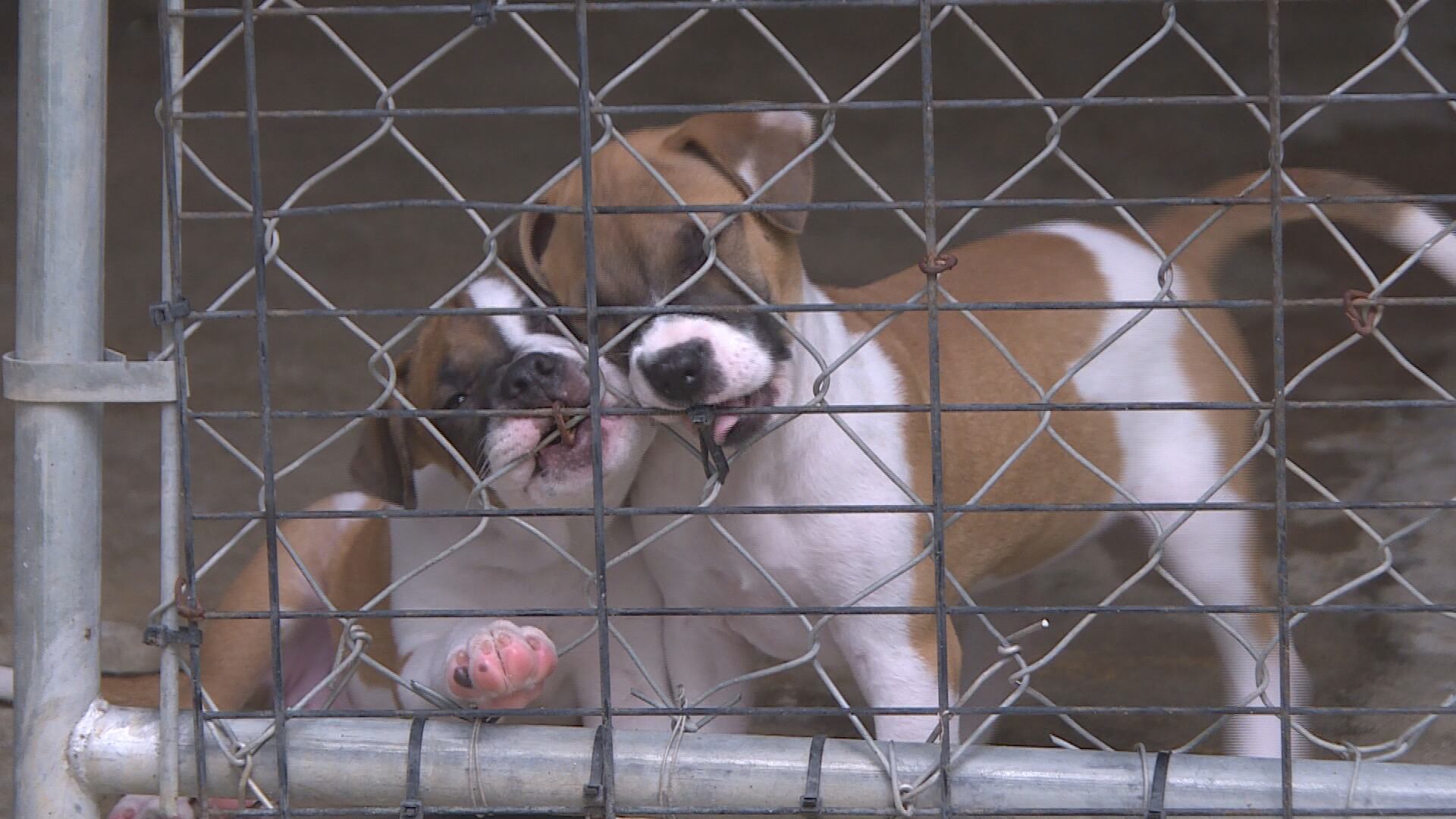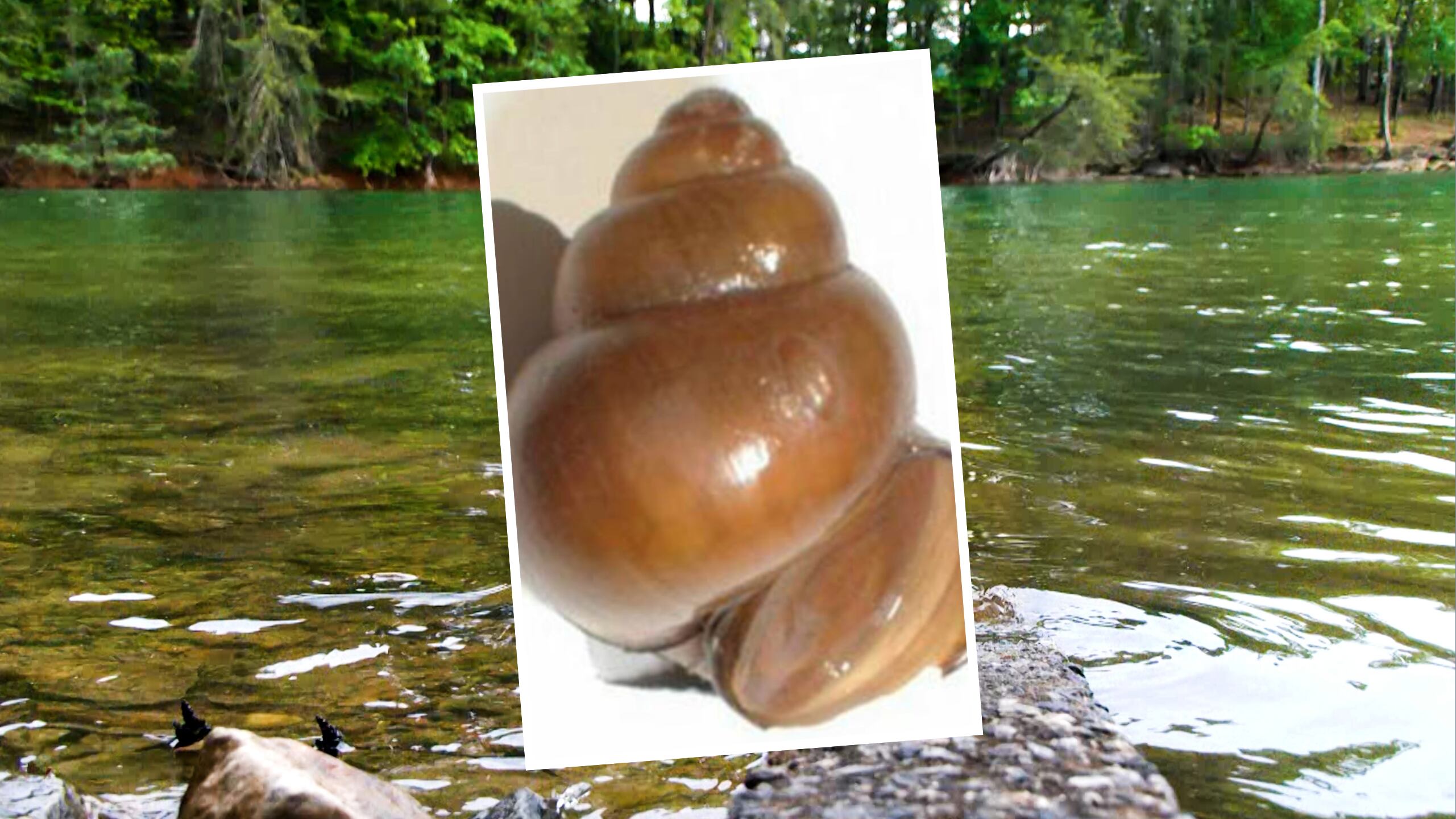Buzzing around town: How to care for our pollinators
AUGUSTA, Ga. (WRDW/WAGT) - Without our pollinators, like honey bees, we wouldn’t be able to eat most of the food that ends up on our plates.
This week is National Pollinator Week, which helps educate those about the various creatures that help us put food on the table. The week is all about awareness of how to take care of them.
The busy bees are out and about. Now that summer is here, they are becoming more active by the minute.
But they’re also in danger, and one local beekeeper is buzzing around trying to save one swarm at a time.
You wouldn’t think much is wrong watching honey bees fly from one flower to the next.
Ga. agency sends funds to CSRA to fight pet overpopulation
Several programs in the CSRA are among those receiving grants announced Friday for the 2024 Dog & Cat Sterilization Program.

At Sasserfrass Hill, the bees are calm, well-fed fed and shaded. Even the honey glistens in the sun.
The bee farm houses more than 1 million bees. But for them, the reality outside of the hill is a real buzz kill.
Deborah Sasser is the beekeeper on the hill.
“We are facing a crisis and if we don’t pull back, and if we don’t do better, bees are going to crash and burn. And if they do, we do,” she said.
It’s a crisis Sasser says could cost us everything.
“If bees do go away, think about your diet. Every fruit, vegetable, nut and seed has to be pollinated by a bee, not just a honey bee, but native bees, bumblebees,” said Sasser.
Invasive Asian snails discovered in Georgia’s Lake Lanier
These snails are popular with some aquarium owners and often sold in food markets. And now the invasive species is in Georgia's Lake Lanier.

The USDA said honey bees are facing several threats and often losing their homes.
Sasser says she’s seeing the un-bee-livable truth in her own backyard.
“When people use chemicals in their garden, bees don’t really know that this is contaminated food. When they bring it in, and seven dust is the worst, seven dust sticks to them like pollen does. They bring it home, they walk through the hive. The next day everybody’s dead,” said Sasser.
She says you can play a huge role long after pollinators week is over.
“They need food, and there’s just the food pool is getting smaller and smaller. We have to do better about planting for them. Just plant a little section of your yard that you can designate for a pollinator garden,” said Sasser.
Copyright 2024 WRDW/WAGT. All rights reserved.














